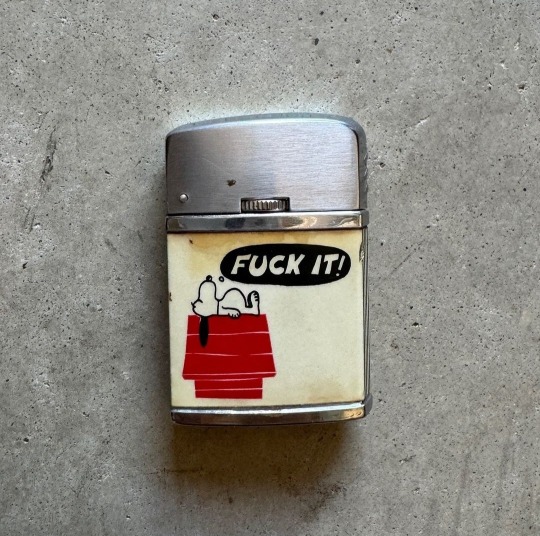Text

mistletoe comb by andré falize in horn, gold, & opal
179 notes
·
View notes
Photo
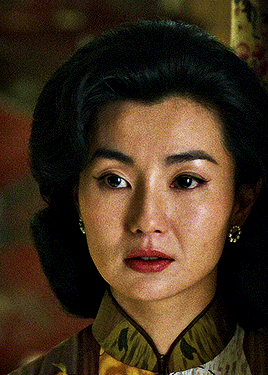
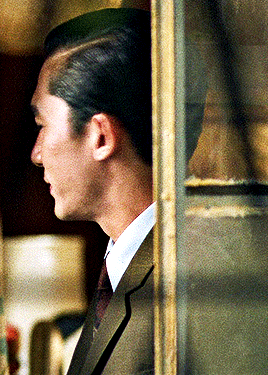
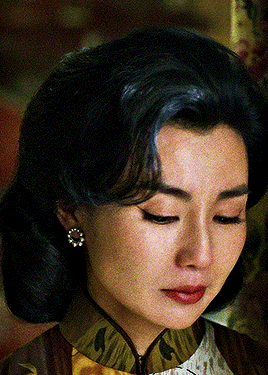
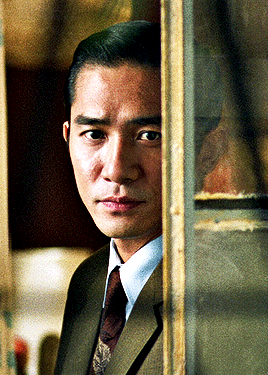
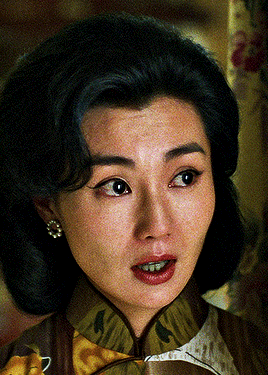
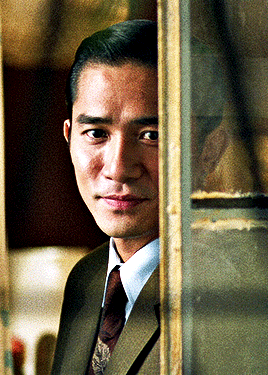
It was so nice then, wasn’t it? - Yes. In The Mood For Love 花樣年華 (2000) dir. Wong Kar Wai
7K notes
·
View notes
Text




micro crimping really changed the ballroom hair landscape. i remember when i first started seeing it, i thought it was nets making that texture. nope, nets are only on the buns. people were just so tired of the wet shellacked look, that this is now all the rage.
2K notes
·
View notes
Text
when e.e. cummings said “i’ll live my life if it kills me”
123K notes
·
View notes
Text


Artist, researcher, and botanist Chriss Cass and his giant water lilies.
Shot on medium format CineStill 400Dynamic and Kodak Portra 160 in São Paulo, Brazil. May 2025.
4K notes
·
View notes
Text
what Work is the most important? the work you have to do next. narrow the scope of focus down to that singular glittering point.
15K notes
·
View notes
Text
small things we should appreciate more
the chirping of birds in the early morning
the way the sun shines through the trees
nature after it just rained
constantly learning new things every day
libraries, bookshops, bakeries and coffeeshops
41K notes
·
View notes
Text
Now a house next to us, about 500 meters away, was bombed. Several missiles hit the same place. This is very terrifying.
3K notes
·
View notes
Text
Obviously not expecting a (white) American site to gaf about today so lemme talk a bit more about Windrush Day and the Black British experience:
I feel like the Black British experience is constantly one of work and struggle. Our parents and grandparents lived through colonial and post colonial (using the term lightly) rule just to end up working and serving the imperial core, targeted by the same government that invited them here. A lot of the time its phrased as a choice but in reality what else could they have done? Ts and Cs apply bc for some West African Brits their parents were middle class back home but for me and others our families grew up in poverty in places still recovering from slavery and colonialism.
Britain whitewashes the history of Black immigrants, literally in the sense we're not taught our own history of Black people in Britain and metaphorically by applying British individualist myths; that as long as you work hard, don't complain about it and love Britain you can be British too. But it erases, ignores and distorts the truth that the British state used our community as nothing more than a labour force to rebuild after WWII and actively targeted Black British communities with police surveillance, brutality and systemic racism. All whilst denying it of course and turning their nose up at the very accusation. Very British.
Black British contributions, West African and West Indian to be more specific don't just apply in terms of work but in terms of shaping culture. 'Roadman' has become a meme and a caricature (including by some Americans on here ik u lot love 'chav') with barely any connection to its Black British roots, even when the term gets used as an insult to mainly Black working class men or used as a British version of 'thug'. The grime scene is undeniably a staple of Black Britain yet it is pathologised and judged, moral panics about Black people's violence and yet capitalised and profitted off of by non Black Brits as an aesthetic. Everybody wants the tracksuits, the tunes and the terminology innit. To be 'road' means to be Black British yet when its time to talk culture, nobody wants to credit it us. All of a sudden its 'London culture'.
But it isn't all doom and gloom. There's so much history and culture here in our spaces. I'd be lying if I said growing up where I did was easy. But it has shaped my outlook and made me and I'll carry that with me forever. Our grandparents and parents came here with so little and made so much out of nothing. And I'll always honour that. Justice for the Windrush generation.
1K notes
·
View notes
Text

This scene as we wait for aid, this is how we bring aid, like a squid game, whoever moves gets killed until you reach the food like animals
We are treated like animals in Gaza
Killing, starvation and slow death, this is the mechanism of death in which we live.
Can you please save us? We want food. We want food.
Can you help us?
208 notes
·
View notes








